A good credit score leads to a brighter financial future. Once you have your credit card, you can build credit with credit cards by paying off your purchases, using it regularly every month and having low credit utilization (less than 30%).
There are more ways to build credit with credit cards apart from using it regularly for payments and purchases. The simplest way to do this is to open a credit card account. As soon as you start using it, you have to make sure that you are not missing due dates. Your payment history will play a very big role in your credit score. Here we mentioned all the tips for how to build credit with a credit card.
Ways To Build Credit With A Credit Card
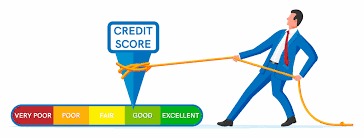
Good credit can help you get good deals for cars, insurance, residential properties, and banking services. Bad credit score can make your life quite difficult. Many banks, insurance companies, and even potential employers run credit checks to understand your profile better.
1. Know Your Credit Score and Get a Copy of Your Credit Report:
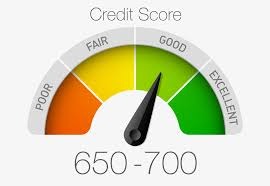
Your credit score will determine the type of card you will be eligible for. When you apply for your credit card, it is better to check your credit score so that you know the right cards to apply for.
Discover, one of many credit card issuers provides credit monitoring tools for free for anyone who signs up with them. A type of FICO credit score is provided by Discover, many lenders use this service. With this service, you can know your current credit score.
Experian is one of the three major credit bureaus that collects and evaluates consumer credit information.
It classifies your score in the following manner:
- Exceptional: 800-850
- Very good: 740-799
- Good: 670-739
- Fair: 580-669
- Very poor: 300-579
The other two credit bureaus, Equifax and TransUnion, also create a credit report like Experian. This report is created on the basis of your payment habits, credit history, and the number of times companies inquire about your score. Thus, the three-digit credit score is created.
According to the Fair Credit Reporting Act, you are allowed a free credit report every year from each of these consumer credit bureaus. Your credit report consists of the detailed information of your credit history whereas your credit score indicates your overall credit health.
Reviewing your credit report is a good practice and you can check if the information mentioned incorrectly and there is no sign of any suspicious activity. In your report, if you find any faulty information, you can discuss the same with the appropriate credit reporting agency.
2. Try For a Secured Credit Card:
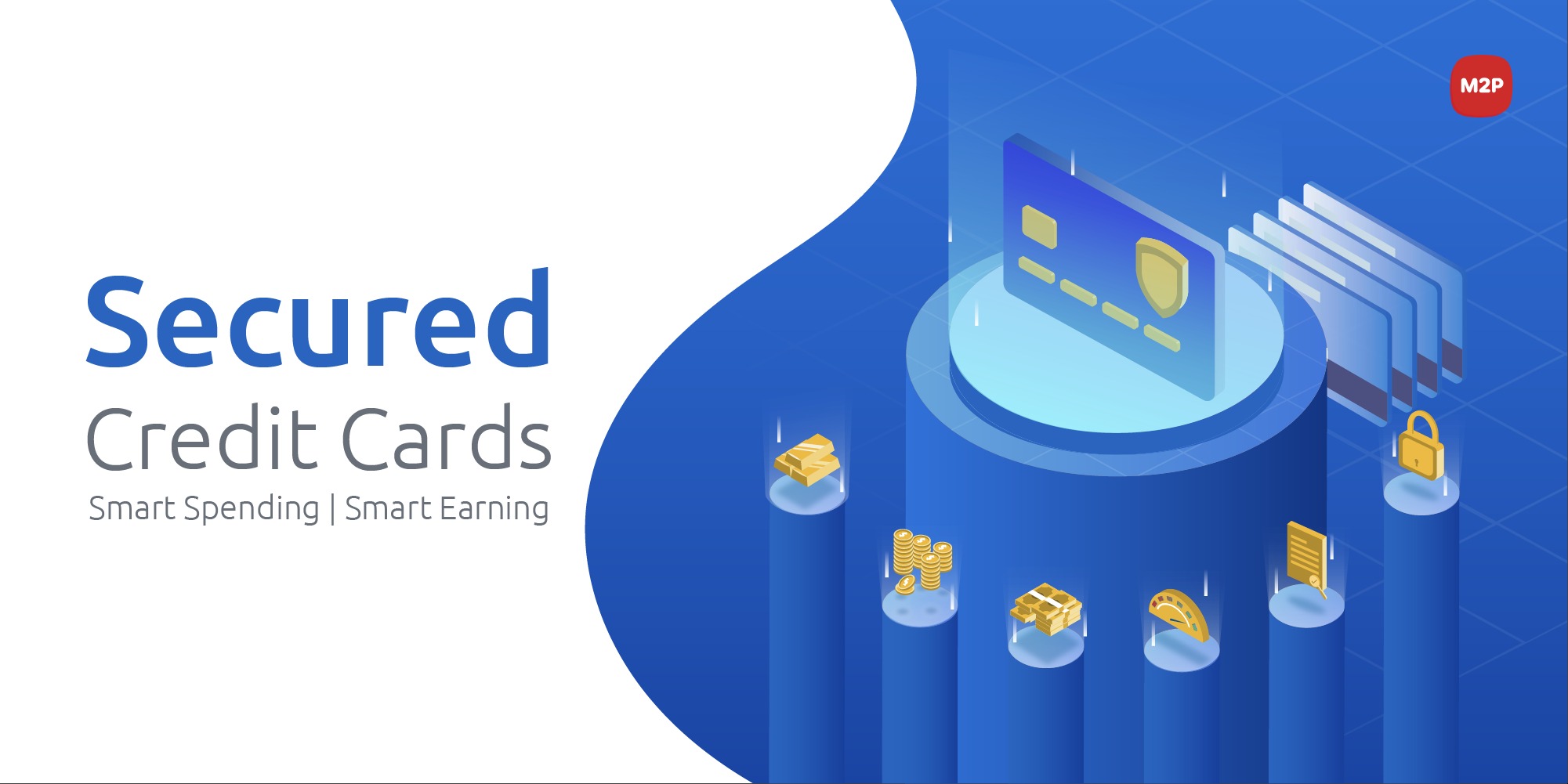
With a secured credit card, you can start building your credit. These cards are easily available to almost anyone. With this card, you make a cash deposit, which is refundable, to a bank or financial institution to set up a line of credit. After the deposit, you are allowed to card to make purchases and payments.
It is important that all cardholders use and maintain their credit card account responsibly. For secured credit cards, this is particularly true. These cards generally have high-interest rates and extensive fees, which means that any payment lapse or mistake could be really costly.
Rightly managing a secured card credit will help to build your credit score. When you pay your bills on time every month, you establish a track record of positive payments. Your payment activity will be reported by your bank to the three credit bureaus, Equifax, Experian, and TransUnion.
Each one of them will work on your credit report. If you aren’t able to make your monthly payments on time, the values will be deducted from the deposit you have made to the bank. You have to keep this secured credit card open long enough to develop a lengthy credit history.
When you pay regularly, and your score gets high enough to make you eligible for better cards and then you can think of closing this account. If your account is paid in full, your deposit will be refunded to you. Your bank might upgrade your account and offer you a non-secured credit card.
3. Always Pay on Time:

Timely payments are the most important factor that affects your credit score. Even a single missed payment can have a remarkable impact on your credit score. Good payment history is necessary for credit limit increases and future approvals. It can be easy for you to avoid missing payments. You can set up autopay on your card to make at least the minimum payment that is due every month.
4. Keep Your Balances Low:
The debt you have on your card compared to your available credit is the second most important factor that affects your credit score. This is known as the credit utilization ratio and is a measure of your total credit card balances in relation to your total credit available.
For example, if you have two credit cards and each with a $4,000 limit. If you have a balance of $1,500 on the first card and $2,500 on the second card, your credit utilization ratio becomes 50% as your combined balance is $4,000 and your combined limit is $8,000.
The lower your credit utilization ratio, the better. The best way is to pay off all your balances completely and not having any credit card debt at all. Many credit card experts suggest keeping your credit utilization ratio below 30%.
You can think of making two or more smaller payments instead of making a single monthly credit card payment. With this move, you will reduce the balance that is reported to the credit bureau by your bank. This will improve your credit utilization ratio to some degree.
Finance charges are generally calculated on the basis of your average daily balance. With more payments, you can reduce the interest you pay and you are reducing your daily balances earlier in the billing period.
5. Get a Card With Good Rewards:
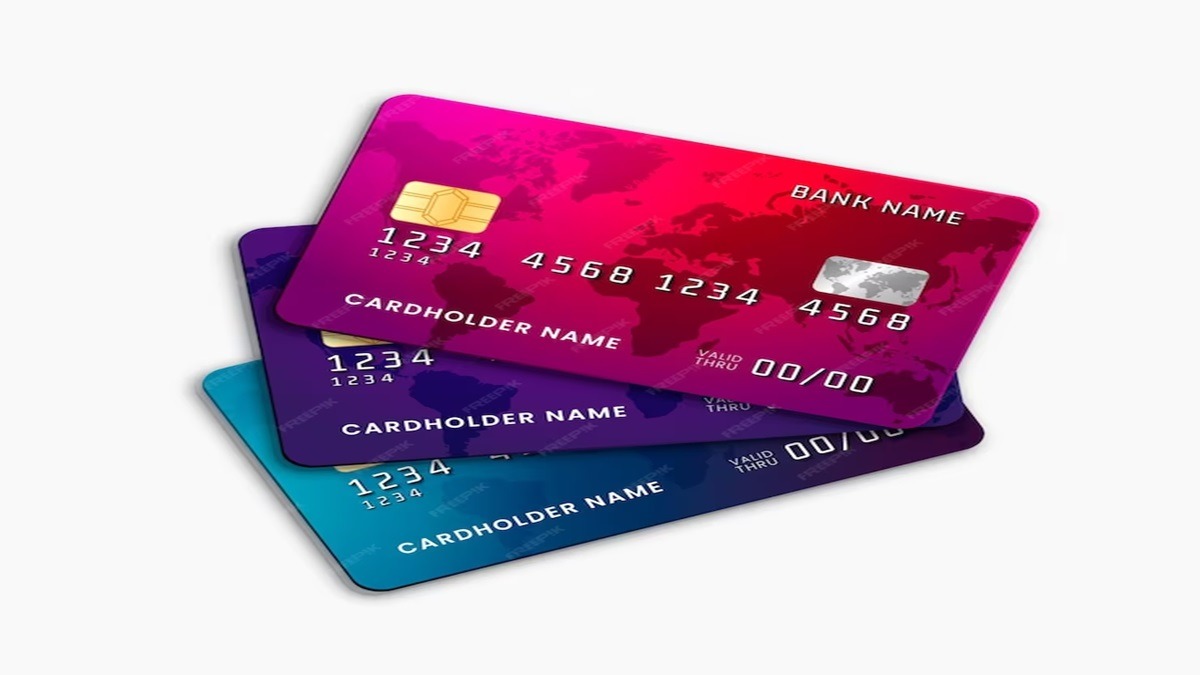
Credit cards these days come with a plethora of benefits and rewards, it could be either bonus points or cash backs on qualified purchases or travel perks or no annual fee or no foreign transaction fee. There are some cards that have annual fees as high as $400 but you can always choose from a no-annual-fee card category.
The rewards which you are getting from your card should match your shopping habits. You also have to consider the interest that you will have to pay if you don’t pay off the balance on your card every month. If you know there could be times where you wouldn’t be able to pay on time, consider going for a card with lower interest rather than a card with many benefits.
You should be careful with store cards specifically the ones that come with zero interest. cannot pay on time, the interest rates will increase massively, and paying off the balance will become a very expensive affair.
Pay a certain amount every year on many airline rewards cards but do not travel as often or have not cased in a single air mile, that card might not be a good fit for your spending habits. If you like shopping a lot but your credit card doesn’t give your cashback point for your purchases, you might consider going for a one that offers cash back on various purchases.
You can understand your buying patterns by looking at your bank statement for the last 6-12 months. Get a card that maximizes the rewards for what you are purchasing.
6. Keep an Emergency Fund:
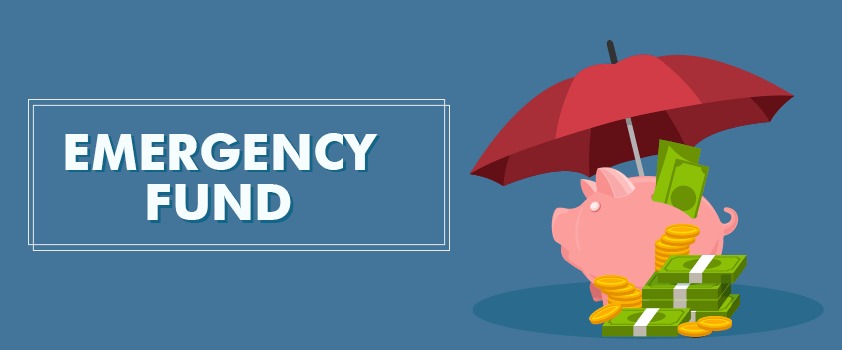
For many people, it is recommended to keep an emergency fund as they tend to have credit card debt because of unexpected situations. When these new unforeseen expenses are added to your existing old expenses, your credit card balance increases and it could negatively affect your utilization ratio which could lead to poor credit score.
The best way to not fall in this loop is to keep an emergency fund separately which can either allow you to use a credit card to other purchases or you can pay off the added up charges immediately and stay out of debt.
7. Known Credit Cards To Build Credit With:
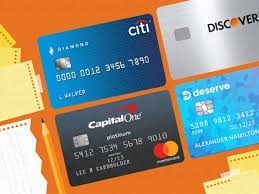
Many cards can help you build credit with, including credit cards for bad credit, starter credit cards and credit cards for college students. The great ones generally do not charge annual fees and their approval requirements are quite easy to meet.
Here are few popular choices – Capital One® Platinum Credit Card, OpenSky® Secured Visa® Credit Card, Discover it® Secured, Capital One®QuicksilverOne® Cash Rewards Credit Card, Journey® Student Rewards from Capital One® and Bank of America® Travel Rewards Credit Card for Students.
You should be aware of your financial capabilities before you select the right credit card. Your credit score entirely depends on your commitment and financial behavior.
Read more:
How To Buy Stock: Full Guide For Beginners
Best Instant Approval Credit Cards

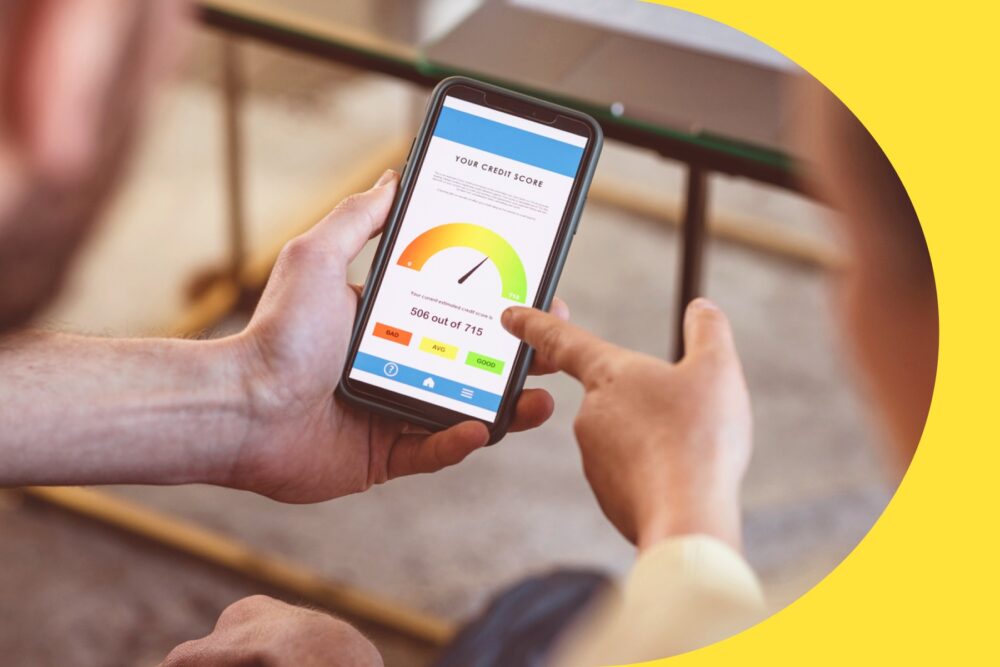

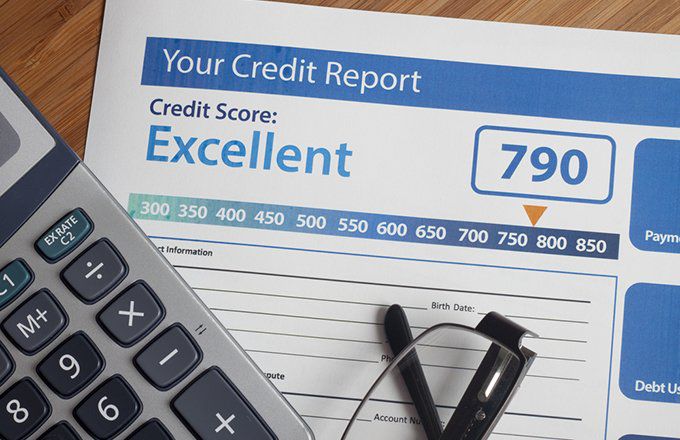

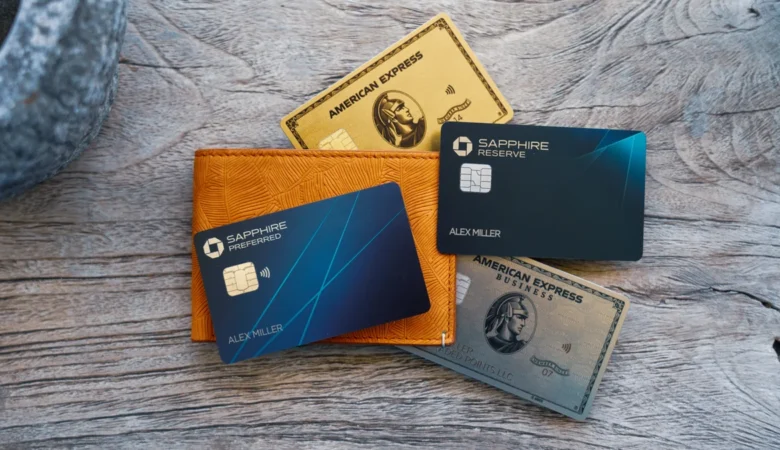
Leave a Reply